Learn Why
Should I Let My Child Win at Games?

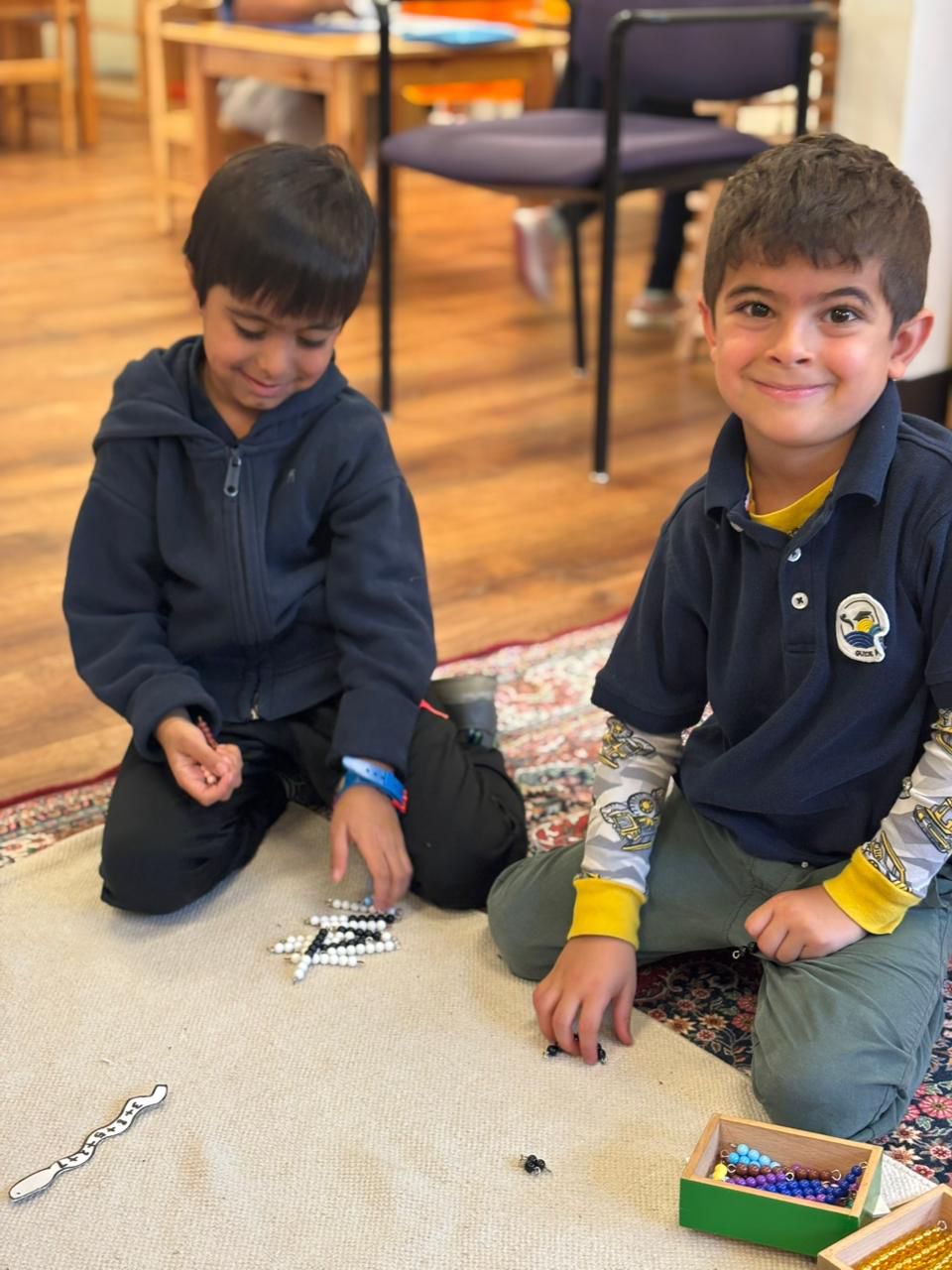



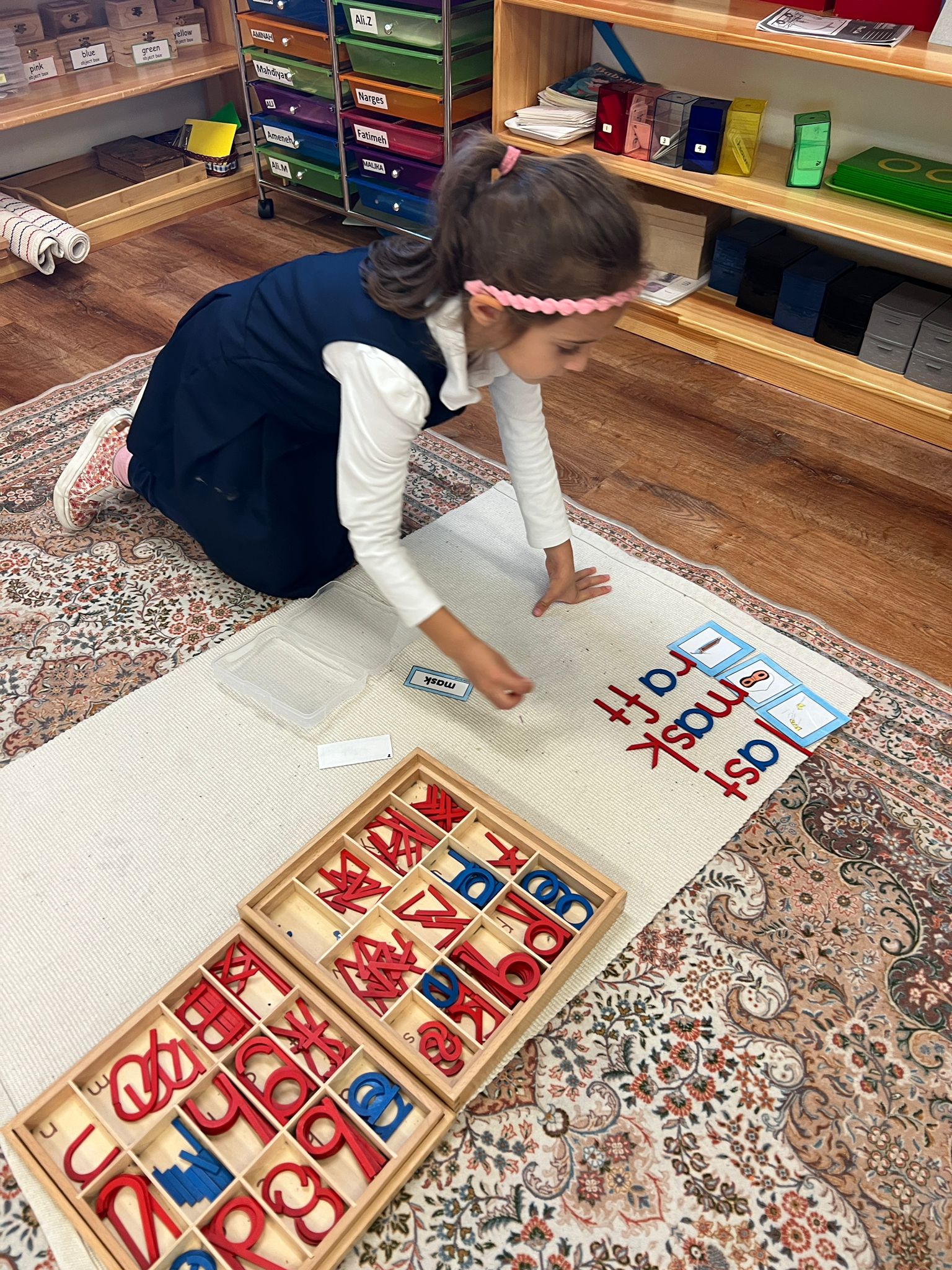

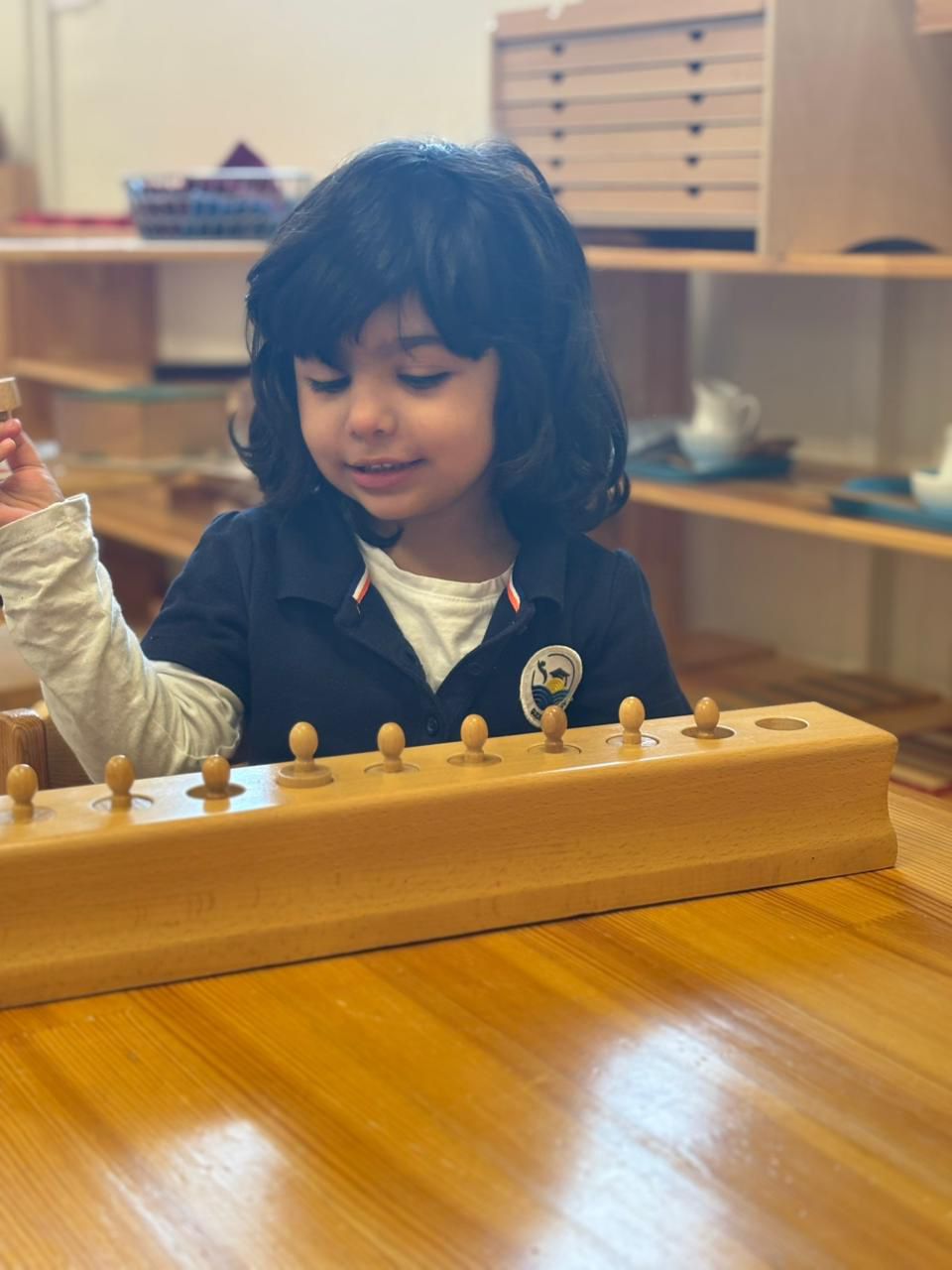
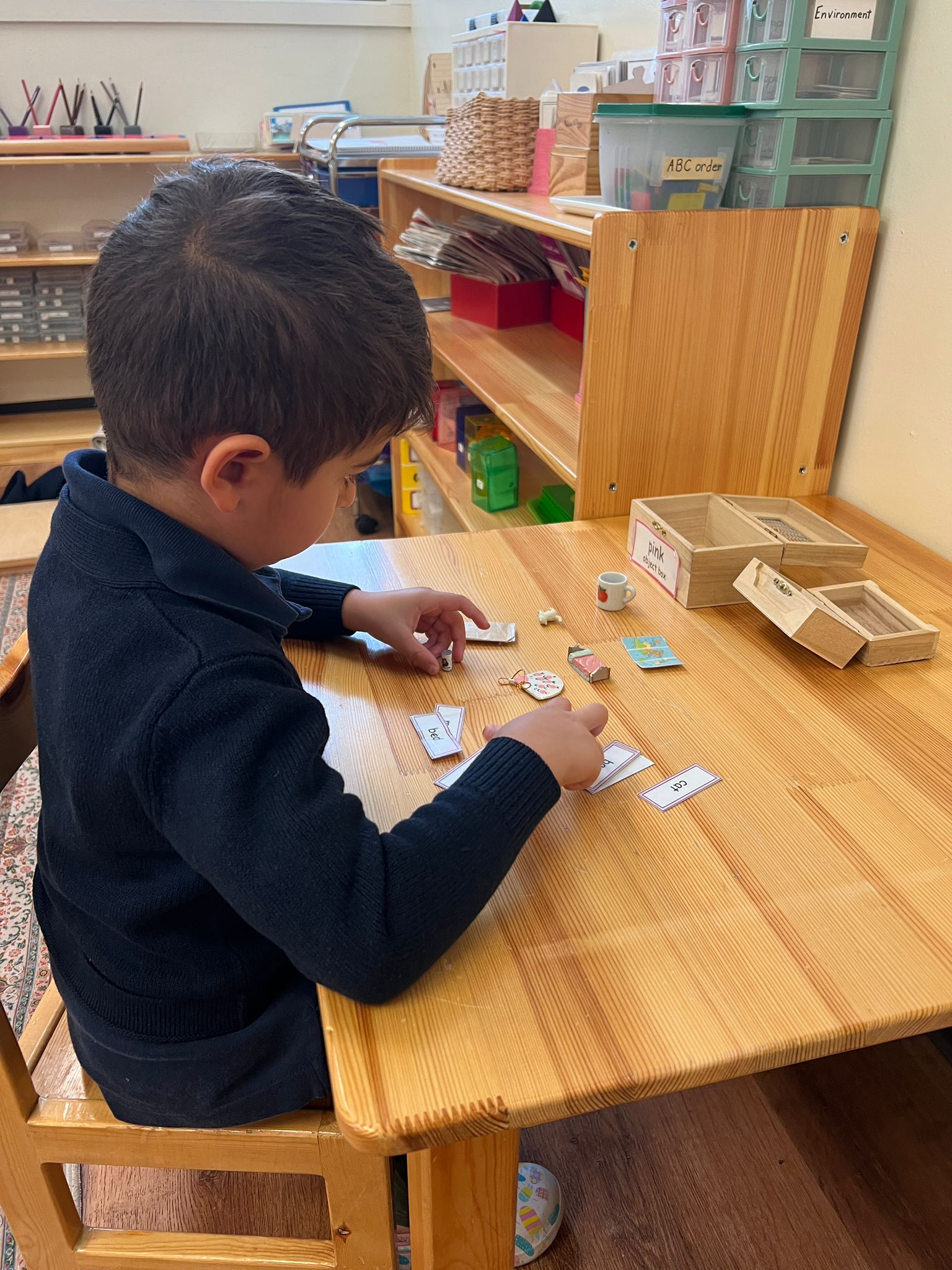
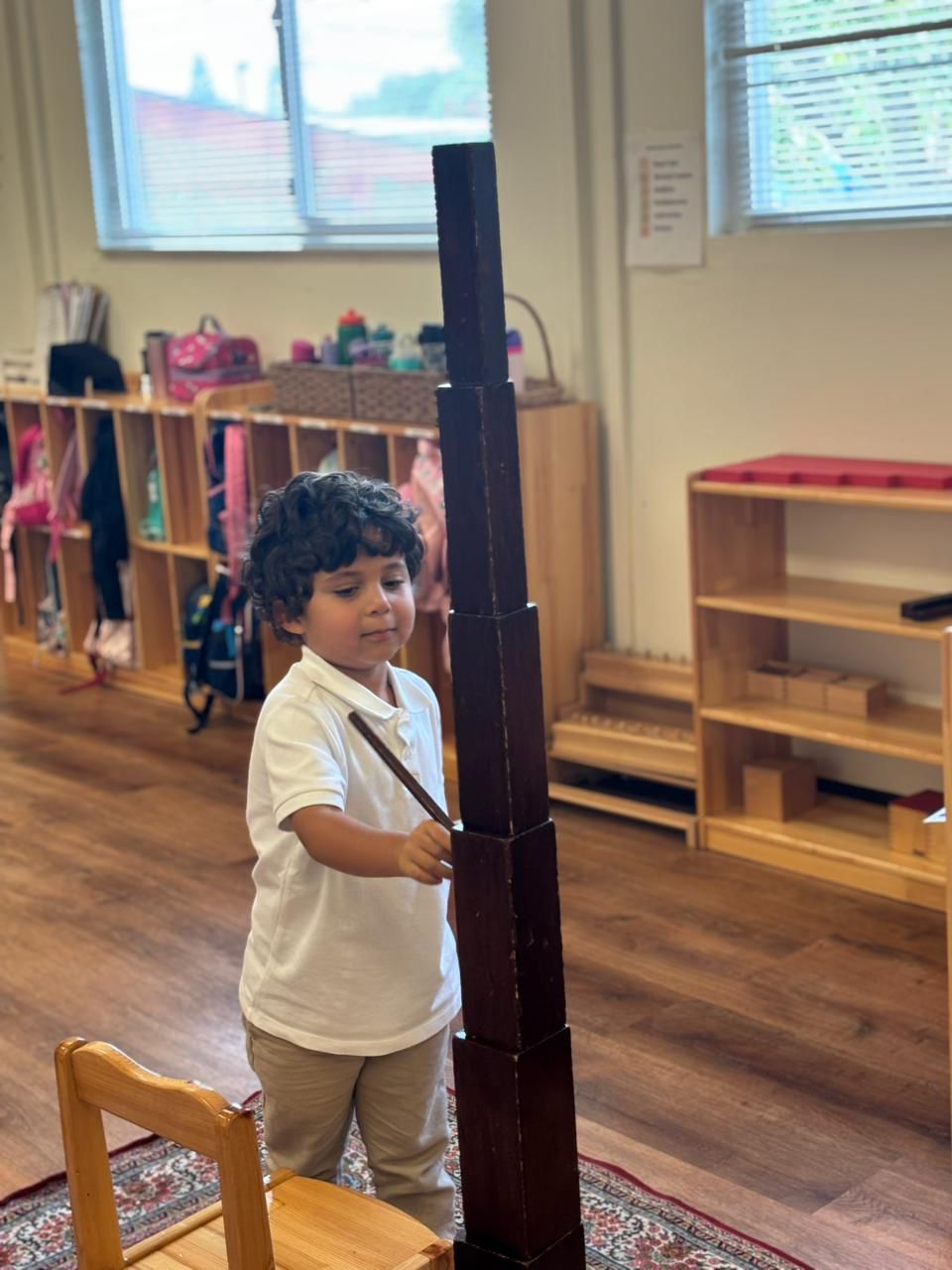
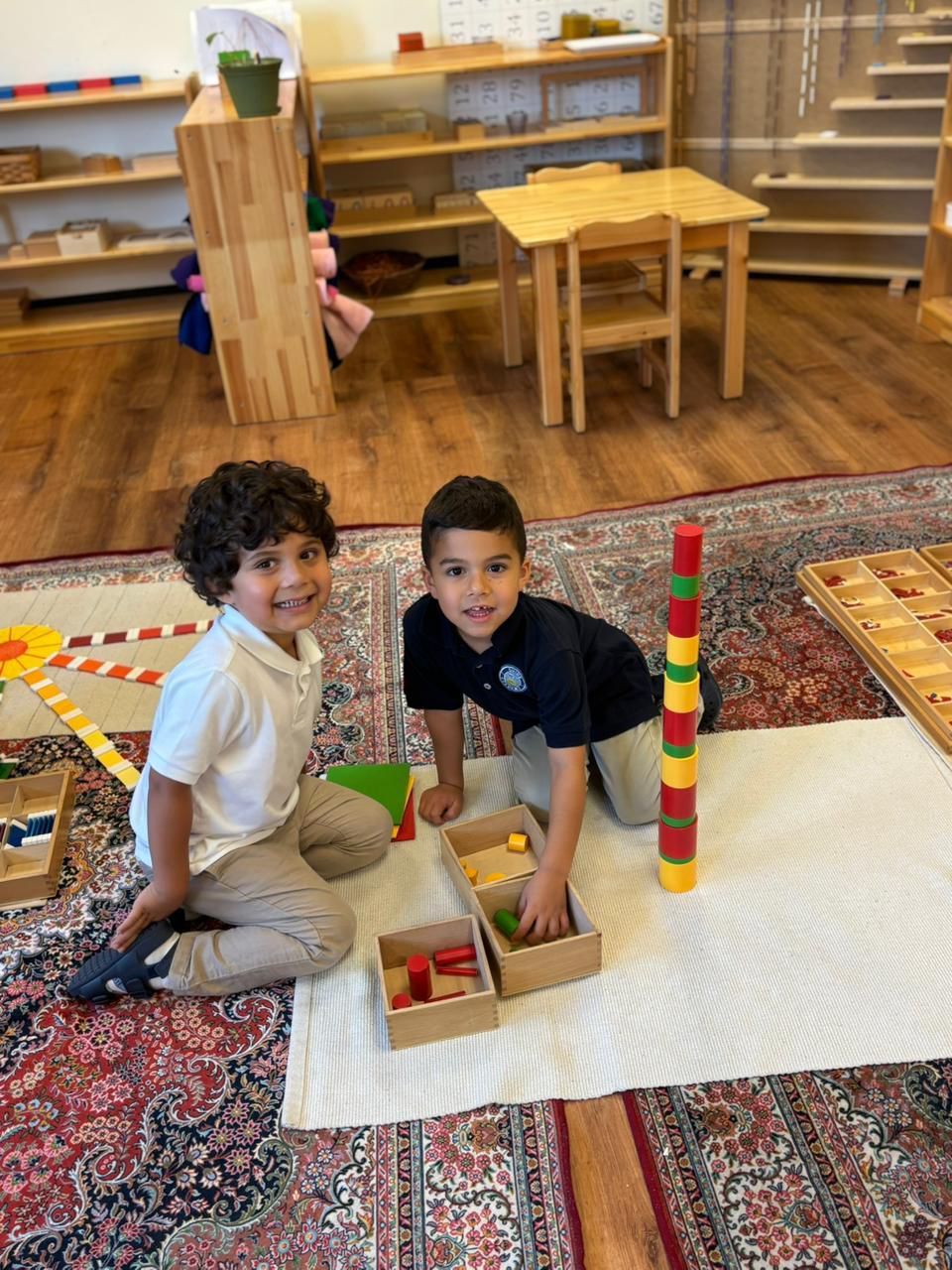
Admittedly, kids are still developing their minds, are physically uncoordinated, and are disadvantaged to adults in almost every way. Meanwhile, your noisy victory celebrations may plant seeds of uncertainty in their fragile minds. So, most parents eventually ask themselves this question after outscoring their child by 100 points: “Should I let my child win at games?” The short answer is “Sometimes.” But here’s the longer answer:
1. Children Should Play by the Rules
When Candy Land turns to checkers and some technique comes into play, competitiveness begins to show around preschool. Toddlers are more concerned with taking turns and sharing than with winning or losing. At this age, your child does not see other children as competitors but rather as playmates. Before learning to play against others, they should first learn to play well with others. Toddlers should enjoy simply playing, while preschoolers and kindergarteners should begin learning to follow the rules.
2. It’s Much More About How Rather than Winning or Losing
Once children know the rules and have felt the thrill of winning, it’s important to teach them that games are not just about results — but about how they handle them. The most valuable lesson is to win or lose gracefully. Sometimes, your child should beat you so they can see that Mom or Dad can lose while still enjoying the game. Other times, you should win so they can witness a proper handshake without the dramatic victory dance!

3. Should You Let Your Children Win Sometimes?
Your child will have far more opportunities to see you as a good winner than as a good loser — so yes, you may need to let them win occasionally. But do so carefully. If they notice you are not trying your best, the victory will feel hollow. Changing the rules mid-game will also look like cheating, sending the wrong message.
Instead, find creative ways to let them succeed. Switch to games of luck rather than skill, or make subtle choices that give them an edge. Children will find nothing more thrilling than beating you at something — as long as it feels genuine.
4. Help Your Children Handle Disappointment When They Lose
Parents also have the important task of teaching children how to cope with disappointment. Losing is never easy, but it builds resilience. Talk openly about frustration, and remind them that practicing, improving, and working as a team matter more than the score.
Rather than lecturing them with phrases like “nobody likes a sore loser,” show them how to lose gracefully yourself. Be an example, emphasize that games are meant to be fun, and always point out something positive in their performance.
Final Words
Children should experience both winning and losing. Losing builds resilience, while winning gives them confidence and joy. It’s perfectly fine to let your child win occasionally — constant losses may discourage them, while balanced experiences help them learn valuable life lessons. In the end, it’s not just about the game — it’s about the growth that comes from playing together.
Discover what makes Guide Academy unique
Schedule a Tour
Our Montessori and IB programs are rooted in academic excellence and spiritual development, creating a learning environment where students thrive. Come tour our campus, meet our passionate educators, and experience a school community dedicated to nurturing future leaders.




